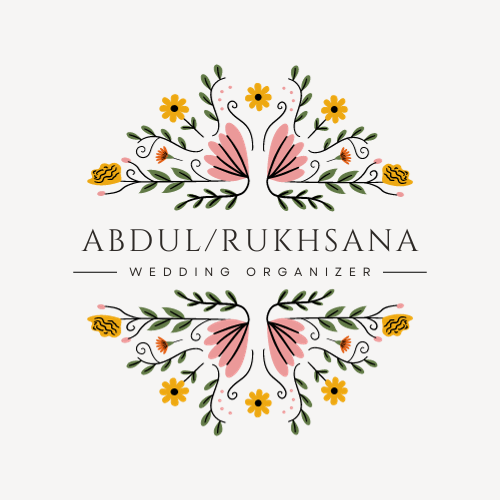
Islamic Entertainment
Arranging for musical performances, Islamic DJ services, or other forms of entertainment for the wedding guests.
In Islamic weddings, entertainment is an important aspect of the celebration, bringing joy and festivity to the occasion. While Islamic principles emphasize modesty and adherence to religious values, there are various forms of entertainment that are considered permissible (halal) and suitable for Muslim weddings. These entertainment options aim to celebrate the joyous union of the bride and groom while respecting the guidelines of Islam. Here’s a description of some common forms of Islamic entertainment:
Nasheed Performances: Nasheeds are Islamic vocal songs that often feature lyrics praising Allah, the Prophet Muhammad, or conveying positive moral messages. Live nasheed performances, either acapella or with minimal musical accompaniment, are a popular form of entertainment at Islamic weddings. These performances create a spiritual and joyous atmosphere while adhering to Islamic guidelines.
Duff and Percussion Ensembles: The duff, a traditional hand-held drum, and other percussion instruments are used in Islamic entertainment to provide rhythmic accompaniment to songs and poetry. These ensembles often feature traditional Islamic rhythms and are well-received by guests.
Islamic Poetry Readings: Recitations of Islamic poetry or religious-themed spoken word performances are common forms of entertainment at Muslim weddings. Poems may convey themes of love, marriage, and the importance of faith in the context of the wedding.
Zikr Gatherings: Zikr, also known as dhikr, is a form of remembrance of Allah through the repetition of specific phrases or prayers. Zikr gatherings at Islamic weddings allow guests to engage in spiritual reflection and collective prayer, creating a serene and uplifting atmosphere.
Henna Nights: In many Muslim cultures, henna nights (Mehndi ceremonies) are an integral part of the wedding celebration. These events feature henna art, traditional music, and dance. Guests, especially women, participate in applying henna designs and enjoy cultural performances.
Cultural Dances: Some Muslim weddings incorporate cultural dances, which may include dabke (a line dance in the Middle East), folk dances, or other forms of traditional dance that are culturally significant to the bride and groom.
Islamic Lectures and Talks: Some couples choose to incorporate religious or motivational talks by scholars or speakers who can share valuable insights about marriage, family life, and Islamic principles. These talks can be both informative and entertaining.
Children’s Entertainment: To ensure that young guests are entertained and engaged, activities such as storytelling, puppet shows, or games with an Islamic theme can be organized.
Photo Booths and Fun Activities: Photo booths with props or other fun activities that allow guests to take memorable photos can be a source of entertainment. These activities can be designed in a way that aligns with the Islamic values of modesty.
Culinary Delights: Food and desserts can also be a form of entertainment. Showcase a variety of delicious, halal dishes and desserts that tantalize the taste buds of guests.
It’s important to emphasize that the entertainment chosen for a Muslim wedding should be in line with Islamic values, avoid inappropriate content, and adhere to the principles of modesty. Additionally, cultural and regional differences may influence the choice of entertainment. Always consult with a local religious authority or scholar if you have questions about the permissibility of specific forms of entertainment in your particular Islamic tradition.
